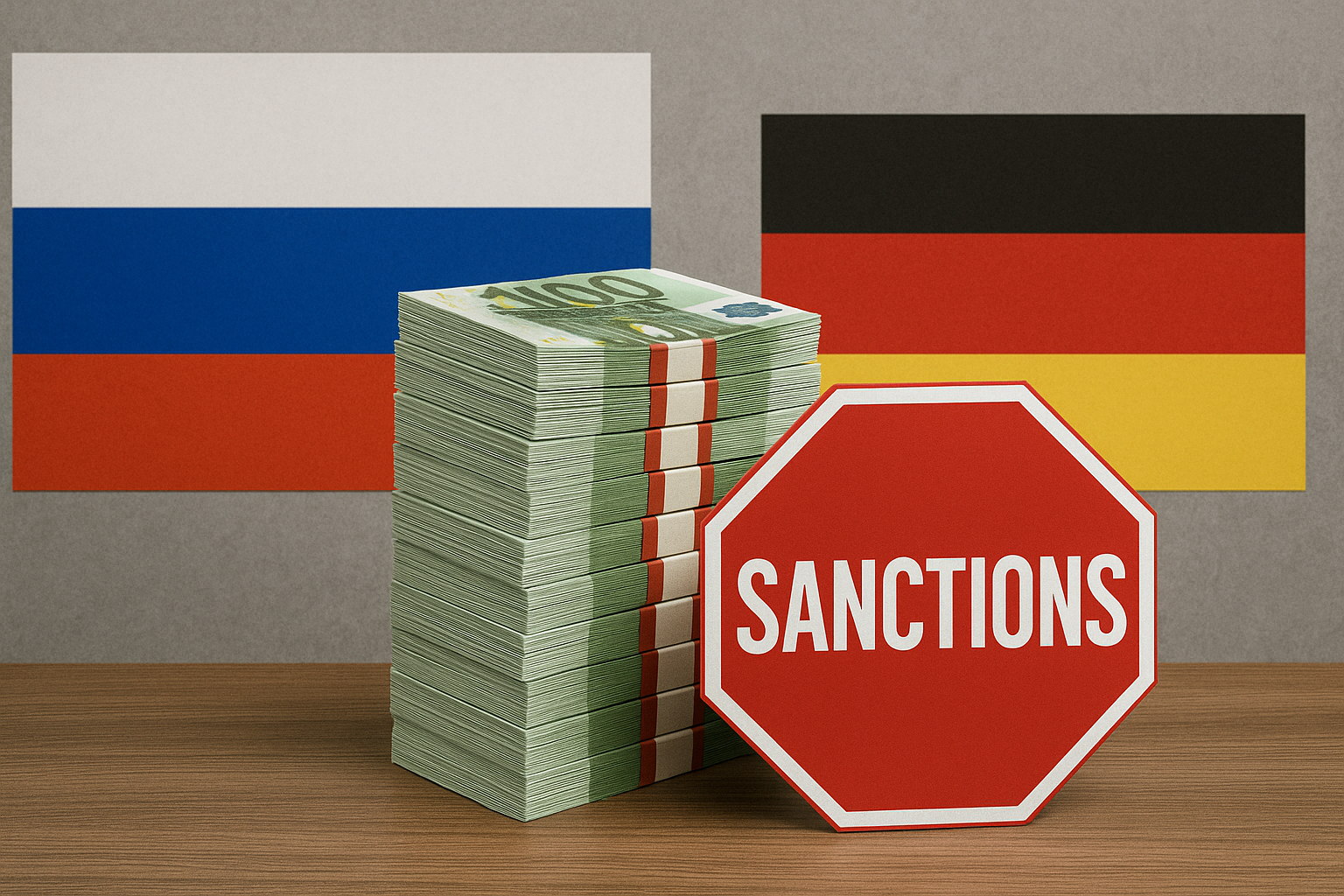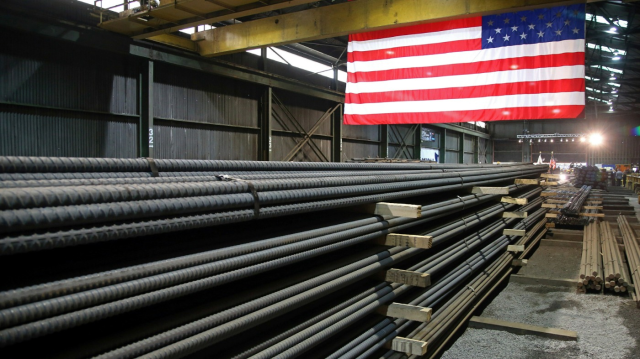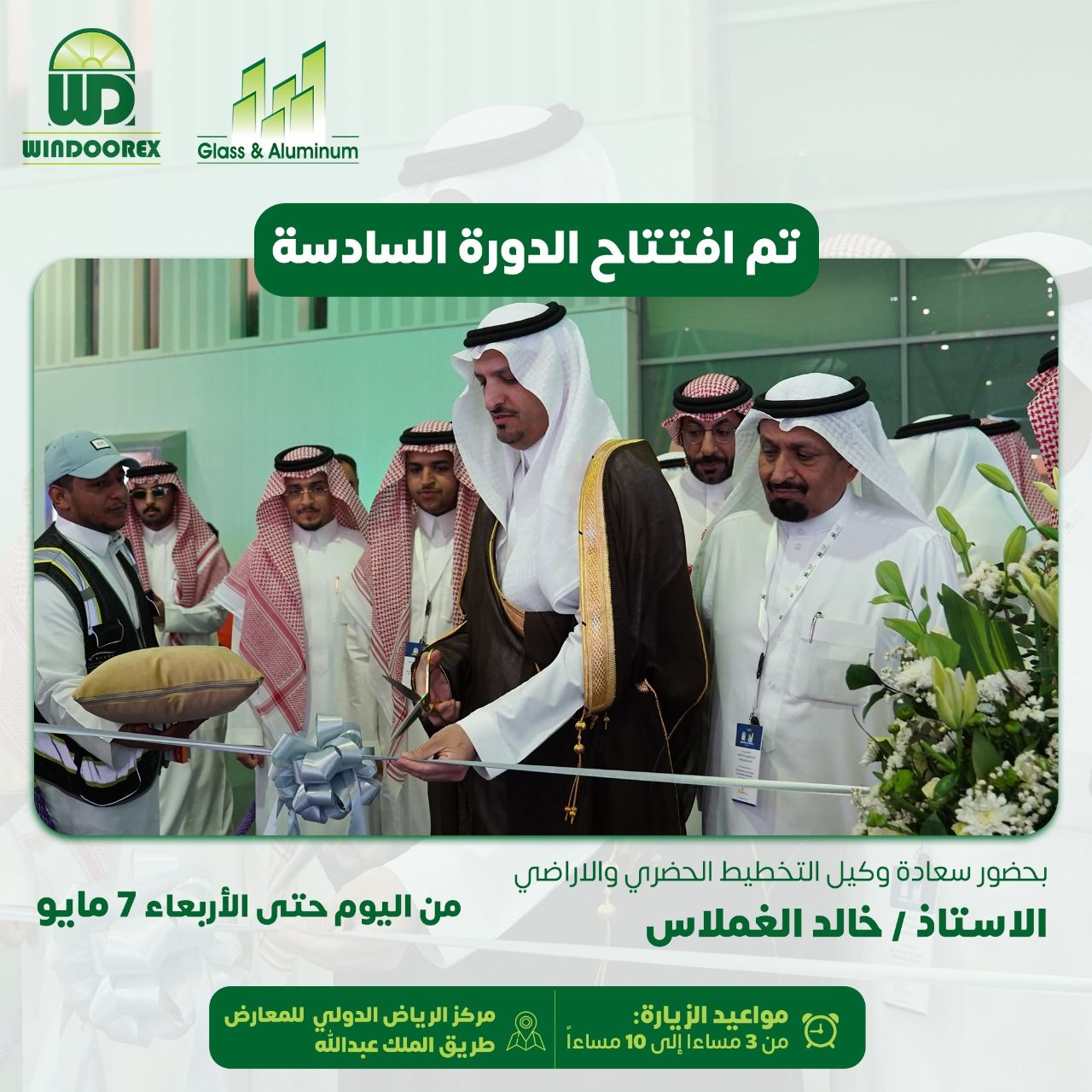In a move that underscores the complex and far-reaching consequences of the Russia-Ukraine war and subsequent sanctions, Russian aluminium giant United Co.
RUSAL (Rusal) has publicly warned Germany of potential legal action stemming from the liquidation of VTB Bank (Europe) SE, the Frankfurt-based subsidiary of Russia’s state-owned VTB Bank. The dispute highlights the intersection of international sanctions, financial contracts, and the protection of foreign investments.
Rusal alleges that the German government’s actions, following its initial takeover of VTB Bank (Europe) in April 2022 due to EU sanctions, constituted an unlawful expropriation of its subsidiary’s rights under a currency-hedging contract. This sequence of events, culminating in a London arbitration award against Rusal’s trading unit (RUSAL Trading International – RTI), has prompted the company to threaten an investment treaty claim against Germany.
The core of the dispute revolves around a derivatives agreement between RTI and VTB Bank (Europe) SE designed to hedge RUB (Russian Ruble) exchange-rate risk in RTI’s international aluminium trading. When the war in Ukraine triggered EU sanctions, the German Federal Financial Supervisory Authority (BaFin) effectively seized control of the bank, preventing it from managing the contract normally and ultimately leading to its liquidation under a German-appointed trustee.
Rusal argues that BaFin’s actions, coupled with the subsequent liquidation process overseen by the German courts, effectively confiscated its business interests. Specifically, RTI refused to post additional collateral demanded by OWH SE (the renamed bank in liquidation) due to concerns about violating sanctions by transferring funds to a sanctioned entity. The London Court of International Arbitration ultimately ruled against RTI, awarding EUR 213 million to the bank’s liquidators.
This case is noteworthy because the takeover of VTB Bank (Europe) SE was not a conventional commercial transaction but a regulator-driven intervention to enforce EU sanctions. As reports indicate, German regulators effectively severed VTB Europe’s connection to its parent company, effectively expropriating control to comply with EU rules.
Rusal’s threatened legal action raises important questions regarding the balance between national security interests, the enforcement of international sanctions, and the protection of foreign investments. The potential investment treaty claim against Germany could have significant implications for future cases involving sanctions and the treatment of assets linked to sanctioned entities. The outcome of this dispute will undoubtedly be closely watched by businesses and legal professionals navigating the complexities of international sanctions and cross-border investments in an increasingly volatile geopolitical landscape.
Source: RUSAL with additional information added by GlassBalkan







